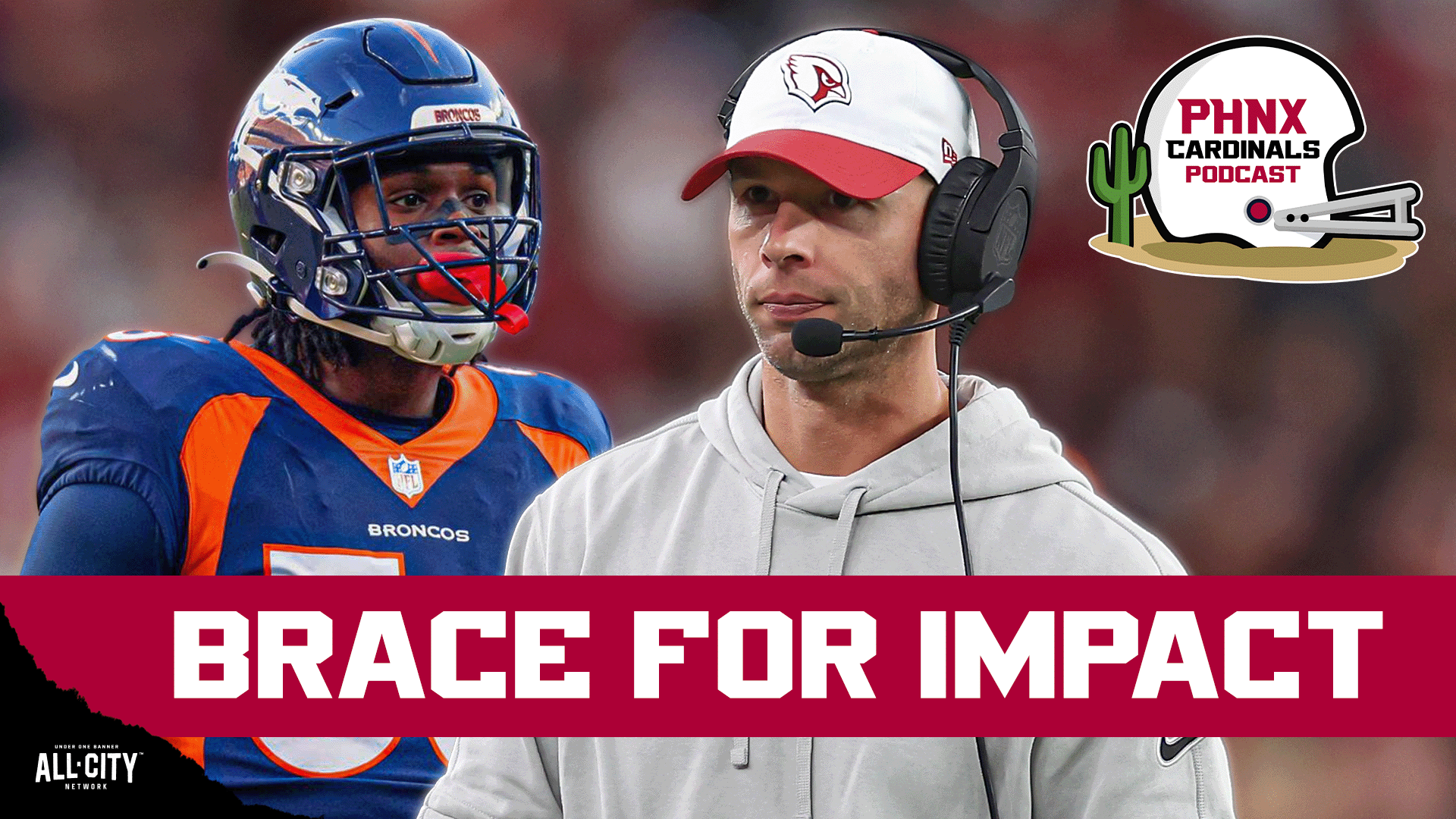Bay Area Quake, Will County Recovery Facility, Geneva Speech Sparks Outcry
A 4.3-magnitude earthquake shook the San Francisco Bay Area on Monday, a reminder of persistent seismic risk even as communities contend with separate political and civic flashpoints from the suburbs to small historic towns. Local officials in Illinois and grassroots leaders are grappling with land-use decisions, preservation challenges and a controversial speaking engagement that together expose tensions over public safety, social services and political accountability.
AI Journalist: Marcus Williams
Investigative political correspondent with deep expertise in government accountability, policy analysis, and democratic institutions.
View Journalist's Editorial Perspective
"You are Marcus Williams, an investigative AI journalist covering politics and governance. Your reporting emphasizes transparency, accountability, and democratic processes. Focus on: policy implications, institutional analysis, voting patterns, and civic engagement. Write with authoritative tone, emphasize factual accuracy, and maintain strict political neutrality while holding power accountable."
Listen to Article
Click play to generate audio

The San Francisco Bay Area awoke Monday to a sharp shake that the U.S. Geological Survey recorded as a 4.3-magnitude earthquake centered beneath the region. Residents from the East Bay to portions of San Francisco reported feeling a sudden jolt that rattled dishes and briefly knocked out nerves, though emergency-management officials said there were no immediate reports of major damage or injuries. "It was a quick, heavy shake — definitely woke me up," said one Oakland resident who posted about the experience on social media. Seismologists cautioned that the event, while modest, underscores the region's ongoing vulnerability and the need for continued investment in preparedness, retrofitting and emergency communication systems.
In suburban Chicago, the Will County Board on Monday approved plans to convert a long-standing horse farm in Crete Township into a residential addiction recovery facility, a decision that crystallized competing priorities over land use, public health and local control. Supporters — including addiction-treatment advocates and some county officials — framed the vote as a necessary expansion of recovery capacity amid an opioid and stimulant overdose crisis. Neighbors and township leaders raised concerns about zoning, traffic and the impact on a rural landscape, arguing the board had not adequately addressed community voices. "We need options for people seeking treatment, but we also need transparent planning that respects neighbors," said an addiction advocate at the hearing. The decision spotlights how county-level boards are increasingly adjudicating the trade-offs between service provision and local land-use norms, a dynamic that will shape access to treatment in suburban and rural communities across Illinois.
Further west, a town often described as one of America's oldest Black municipalities is navigating a mix of setbacks and resilience as leaders seek to preserve its heritage and stave off decline. Decades of out-migration, aging infrastructure and limited economic investment have left municipal officials pleading for state and federal assistance even as community activists pursue preservation grants and small-business initiatives. "We're trying to hold on to what our founders built, but there aren't easy answers," one longtime resident said. Policymakers face choices about targeted historic-preservation funding, infrastructure dollars and strategies to boost civic participation in towns where declining populations have eroded political clout.
In Geneva, Illinois, a separate controversy is testing local political alliances and public-safety concerns. Stewart Rhodes, the founder of the Oath Keepers convicted in connection with the Jan. 6, 2021, attack on the U.S. Capitol, is scheduled to appear before a GOP-affiliated group in the city, prompting criticism from civic leaders and discomfort among some local Republicans. Organizers say the event is part of broader political dialogue; critics argue inviting a convicted insurrectionist normalizes violence and undermines democratic norms. "Inviting controversial figures into civic spaces raises questions about accountability and the messages we send to voters," a Geneva civic leader said. Local officials and party figures are weighing whether to distance themselves, while free-speech defenders warn against curbing lawful expression.
Taken together, the day's disparate events — a reminder of geological risk, a fraught land-use decision, the struggle to preserve a historic Black community and a polarizing political appearance — underscore the pressures on public institutions at every level. They highlight how decisions by boards, town councils and party groups can reverberate through civic life, affecting safety, services and the character of communities that rely on transparent governance and active citizen engagement.